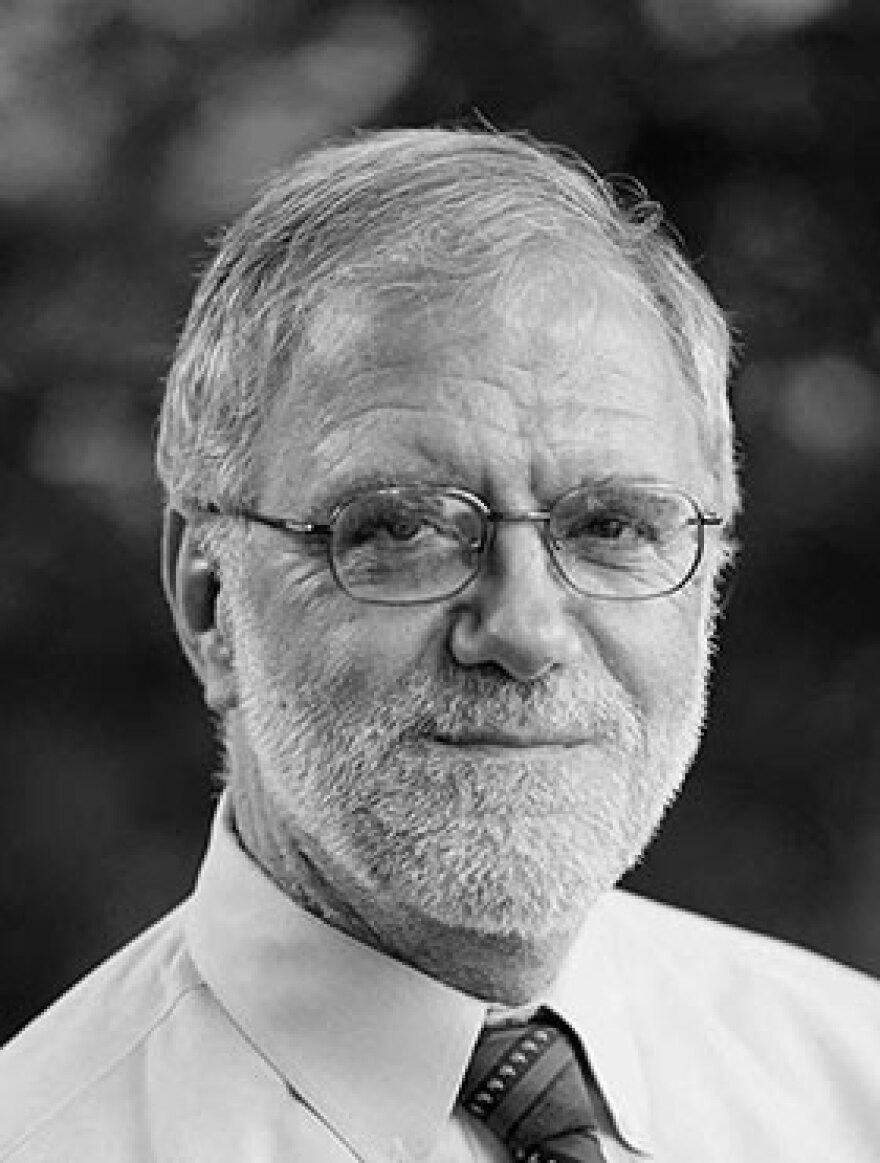The chair of the Green Party in Onondaga County says a metropolitan government is needed to address segregation, poverty, and economic stagnation. But Howie Hawkins says the model proposed by the consensus commission would only amplify those problems.
He agrees with consensus that the recommendations to consolidate 16 functions of government like road maintenance and public safety can probably be done now and relatively quickly to provide better infrastructure and services.
"The problem is the structure under which it would be governed. That's a non-starter I believe," Hawkins said. "City residents are speaking up, we're losing our power. It's just not going to get votes in the city if it's on a referendum."
Hawkins, who lives in the city and is considering a run for mayor, says the Consensus plan would strip Syracuse of local planning, zoning, and code enforcement powers, while the towns would retain theirs. That’s why he’s calling for a federated model of metro government that equally represents the city.
"You can have a county land-use plan that end's sprawl and protects area's like forests, farms, and wetlands," Hawkins said. "But you want to keep the final decisions on projects at the local level , by the people that will live with them."
Hawkins says he'd like to see neighborhood governments within the city that would make land-use decisions and have a share of a metro government budget.
He says the consensus legislative model would shift representation away from the city to the suburbs, giving them a two to one majority. Hawkins says a proportional system of district and at-large representatives is more inclusive.
"You get more parties, you get more representation of ethnic minorities and women," Hawkins said. "Winner-take-all systems, whoever has a plurality, which can be less than a majority, dominates. The other parties, ethnic groups, and women are largely excluded from power."
On the fiscal side, Hawkins calls the projected $33 million in annual savings modest, given that the county’s governments and school districts spend a combined $3 billion a year.
"We don't think the fiscal argument is strong; we think better service and function of government is good government," Hawkins said. "We want to go ahead with those functional consolidations, but we want a governing structure that's more democratic and inclusive."
Hawkins suggests any consolidated voice be used to urge the state to restore revenue sharing to 1970's levels to cover the cost of unfunded mandates, which are stressing nearly every local government in the county. He says the share used to be 8 percent of state revenues. Today, it is less than 1 percent.



